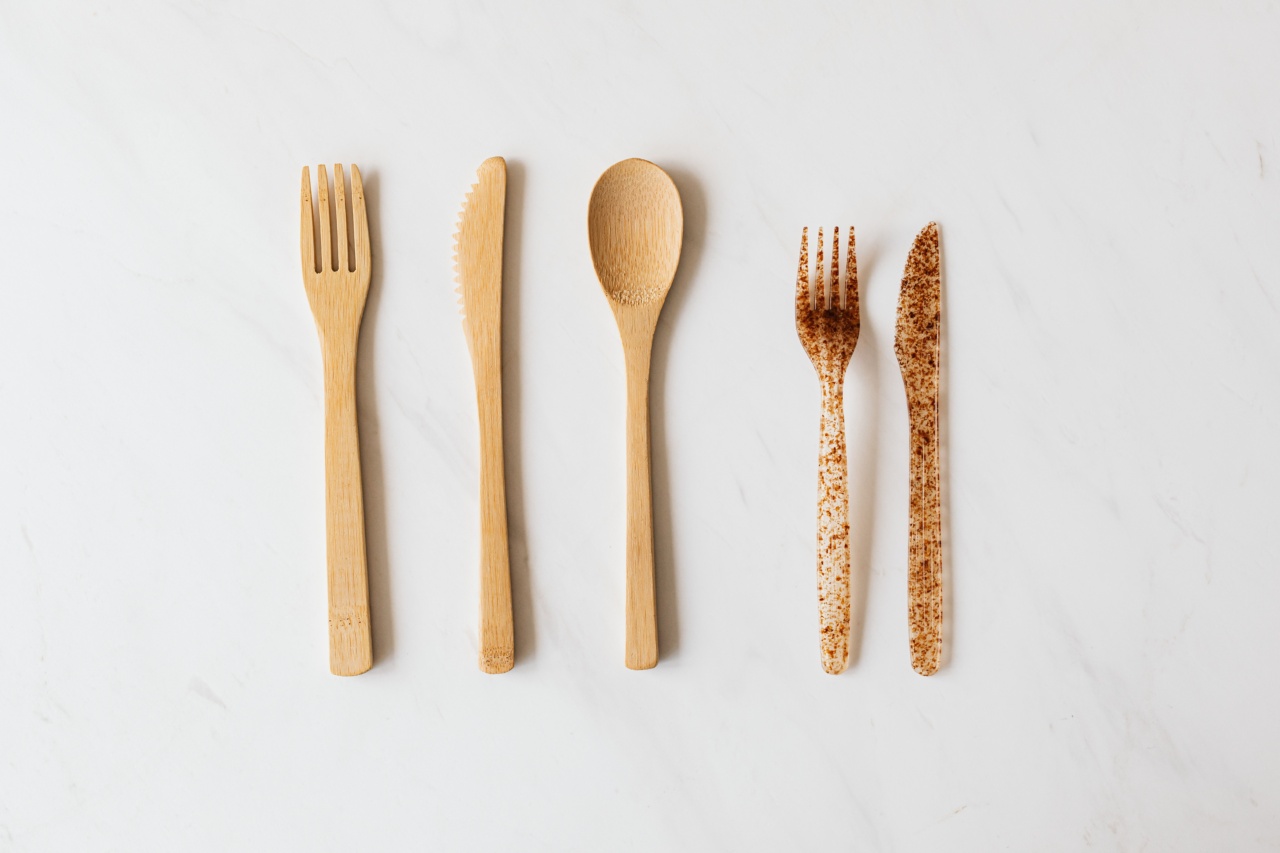Cracking or grinding teeth during sleep, also known as sleep bruxism, can lead to several dental issues, including cracked teeth, jaw pain, headaches, and even tooth loss in severe cases.
While it may seem difficult to control what happens while you are fast asleep, there are several simple and effective ways to protect your teeth from cracking during sleep. By following these tips, you can safeguard your dental health and prevent any potential damage.
1. Wear a Nightguard
One of the most effective ways to prevent teeth cracking during sleep is to wear a nightguard. A nightguard is a custom-fitted oral device that creates a barrier between your upper and lower teeth.
It helps to absorb the pressure and reduce the impact of grinding on your teeth, preventing cracks and fractures.
2. Manage Stress
In many cases, teeth grinding is linked to stress and anxiety. Finding effective ways to manage stress can help reduce the frequency and intensity of grinding during sleep.
Try incorporating relaxation techniques such as deep breathing exercises, meditation, yoga, or engaging in activities that help you unwind before bedtime.
3. Avoid Stimulants
Stimulants like caffeine and nicotine can worsen teeth grinding. Limit your intake of coffee, tea, soft drinks, and smoking, especially in the evening hours.
These substances can contribute to increased clenching or grinding during sleep, potentially leading to cracked teeth.
4. Maintain a Consistent Sleep Schedule
Establishing a regular sleep schedule can help control bruxism. Aim for at least seven to eight hours of quality sleep each night. Maintaining a consistent routine can help improve your sleep quality and lower the risk of teeth grinding.
5. Practice Jaw and Mouth Relaxation Exercises
Relaxing your jaw muscles before bedtime can help reduce the chances of grinding your teeth during sleep.
Practice some simple jaw and mouth relaxation exercises, such as gently massaging the jaw muscles, applying moist heat to the jaw area, or doing tongue and facial muscle exercises recommended by your dentist.
6. Avoid Chewing on Hard Objects
Avoid chewing on hard objects like pen caps, ice cubes, or popcorn kernels as it places unnecessary stress on your teeth.
This stress can make your teeth more prone to cracking, especially during sleep when you have less control over your jaw movements.
7. Dental Check-ups
Regular dental check-ups are crucial in identifying and addressing any dental issues, including teeth grinding.
Your dentist can examine your teeth for signs of grinding, monitor any changes, and provide advice on how to protect your teeth from cracks during sleep. They may even recommend additional treatments, such as orthodontic correction or dental restorations, if needed.
8. Hydrate Throughout the Day
Staying hydrated can help reduce the intensity of teeth grinding episodes during sleep. Dehydration can contribute to muscle tension, including the jaw muscles.
By drinking an adequate amount of water throughout the day, you can maintain proper muscle function and minimize the risk of grinding.
9. Sleep on Your Back
Sleeping on your back reduces the chances of pressure being exerted on your jaw and teeth compared to sleeping on your stomach or side. This positional change can help alleviate strain on the jaw and minimize the risk of teeth grinding and cracking.
10. Customized Dental Treatment
If your teeth grinding persists despite trying the aforementioned tips, it is essential to seek professional dental care. Your dentist may recommend a customized treatment plan tailored to your unique needs.
This might include orthodontic treatment, dental splints, medications, or other interventions to protect your teeth from cracking during sleep.






























